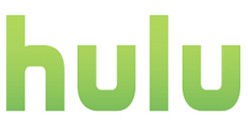Internet Explorer may remain the world’s most popular browser by most measures, but StatCounter is reporting some numbers that put Firefox on top. One particular version of Firefox, that is: 3.5, which StatCounter says is now the single most popular browser version in the world.
Doing the math by version number rather than for all versions of a particular browser radically shifts the result, since IE users as a lot are clearly the browser users least likely to promptly upgrade to a new version: IE 8, IE 7, and IE 6 are all still in wide use, presumably because IE remains the default browser in the Windows world, and plenty of folks who find themselves with a default never bother to change it. Which is why Microsoft must still go out of its way to urge people to upgrade from IE 6--an eight-year-old browser that dates from an era before there was a Firefox, a Safari, or a Chrome.
So how does browser usage by version break down among Technologizer visitors? Glad you asked. Here are the top ten browser versions–Firefox 3.5 has a humongous lead, Safari 4.0 is in second place, and IE doesn’t show up until third place. The numbers below are percentage of visits to the site over the past month…


 Internet TV megaportal Hulu has added a new feature (under its
Internet TV megaportal Hulu has added a new feature (under its 


 If you mashed up Twitter and Google Alerts, you might get something a little like the new version of
If you mashed up Twitter and Google Alerts, you might get something a little like the new version of 